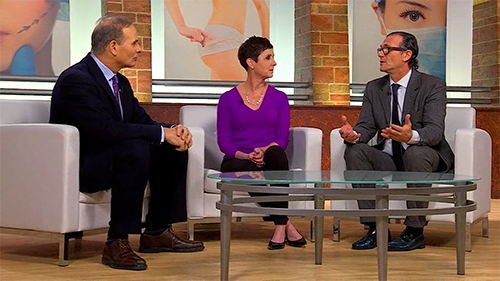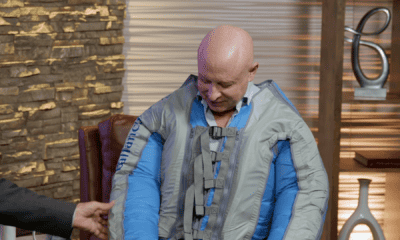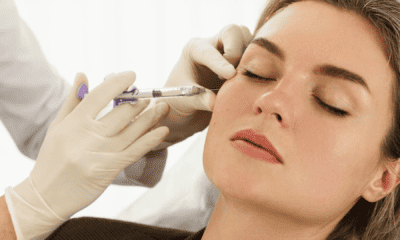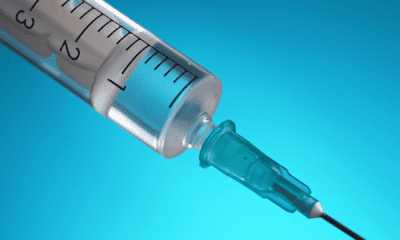
Recently a breast augmentation procedure went from routine to emergency when the patient underwent cardiac arrest. Instead of immediately ending the procedure after resolving the emergency, the plastic surgeon opted to finished the breast augmentation.
Contributing Editors of the Plastic Surgery Channel were asked their thoughts on a situation and what would have been the right thing to do.
by The Plastic Surgery Channel
Surgery is Serious Business
Cosmetic surgery is unique in medicine in that people elect to have surgery. Because patients are choosing to undergo a procedure, one would assume that the procedure must be safe. The truth is it is indeed safe! BUT, surgery is still surgery.
No matter the procedure, when general anesthesia is involved, there are risks. The vast majority of cosmetic procedures happen without complication, but problems do arise, as they did for the patient in question who had a heart attack during the procedure. What’s important is that patients have selected qualified physicians who know how to handle emergencies.
“As the mother of two children – whose had cosmetic surgery, I’ve had liposuction – I can tell you, I’d be disappointed if I went in for a procedure and it wasn’t completed,” admits Dr. Pat McGuire, a practicing plastic surgeon in St. Louis. “But I would have been more disappointed to not wake up from the procedure! I can’t imagine any of our anesthesia personnel allowing us to continue with a purely cosmetic procedure in the face of a cardiac arrest.”
Was this legitimate medicine?
The fact that the surgeon chose to continue onward with the surgery after stabilizing the patient is worrisome. Maybe the patient had an underlying issue that needed a closer look? Maybe they were stabilized at that moment, but wouldn’t be for long, and might not recover the second time. Is it worth putting that patient at risk to finish the breast augmentation procedure?
“It doesn’t sound [that it was legitimate medicine], but we don’t really know the details,” says Dr. Dan Del Vecchio of Boston. “I mean what would you do? Take out the other implant? Apparently one of the implants was in, do you take the one out? Do you leave her with one implant? I’m not sure we really know all the details of this case. I think the message, the take-away, that I want to give is that if you’re going to do surgery on people, that’s a big responsibility. Do it in a real operating room. Do it with a real anesthesiologist. Do what’s right for the patient.”
Del Vecchio’s point lies in the experience and knowledge of board certified physicians. Surgeon’s experience every kind of situation in their training, and plastic surgeons in particular might not even concentrate on cosmetic procedures until much later in training when their surgical experience is already vast, the kind of experience that would prep a surgeon to handle cardiac arrest.
In addition to surgeon qualifications, trusting your surgeon to partner with a board certified anesthesiologist is critical. The trust, knowledge, and experience between the two is what keeps your surgical experience a safe one.















Facebook
Twitter
Instagram
YouTube
RSS